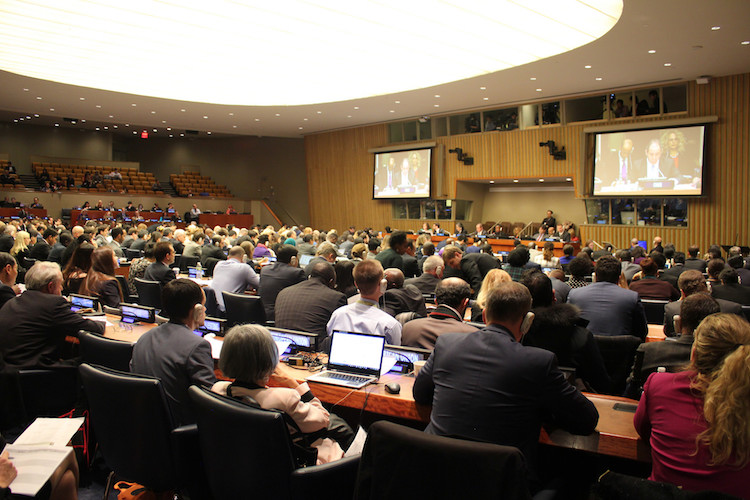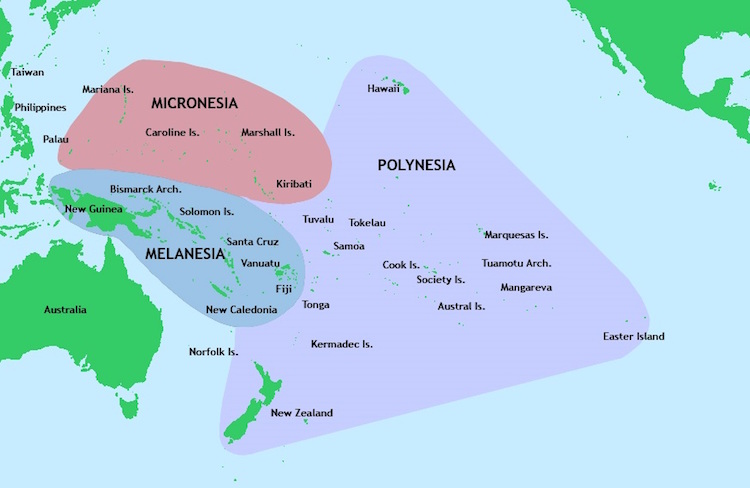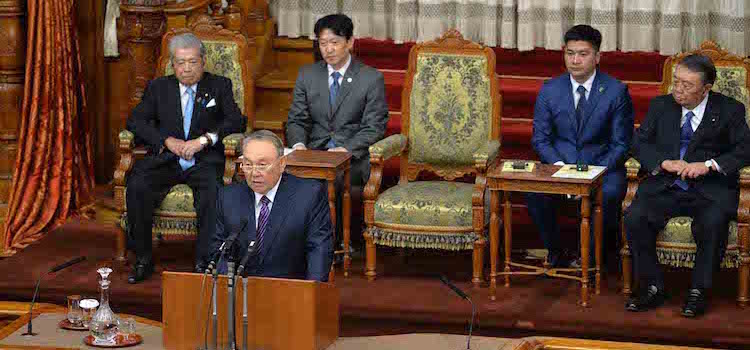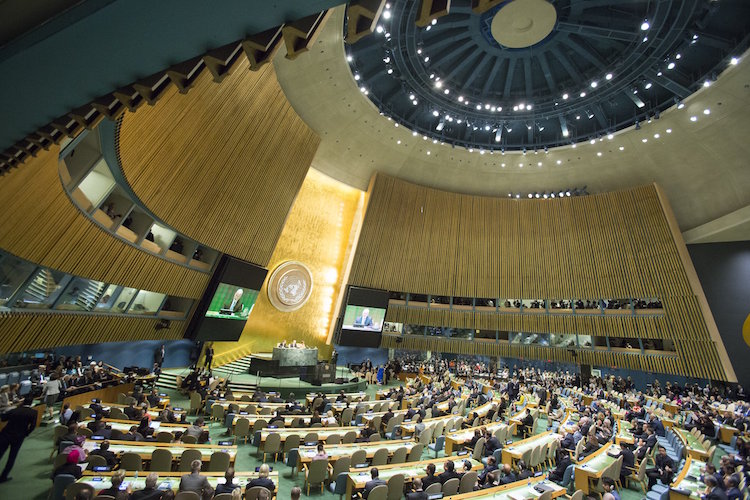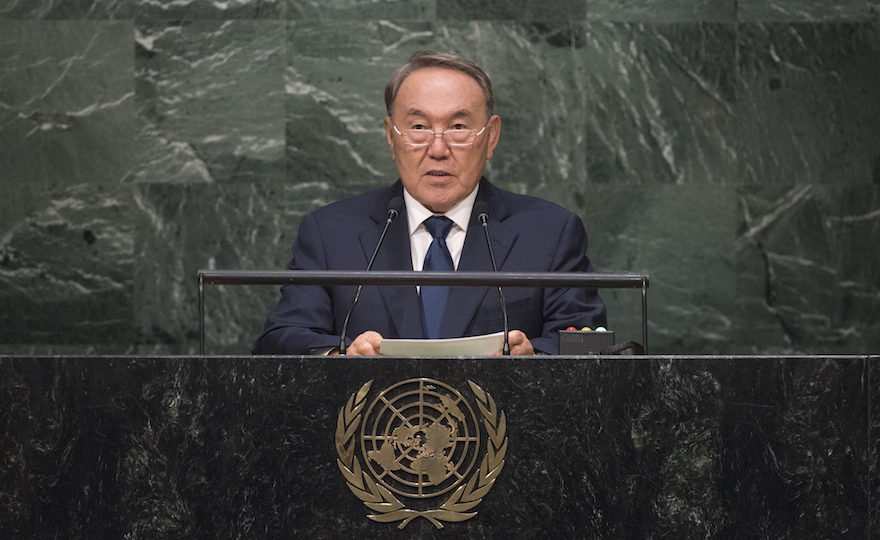By J Nastranis
NEW YORK (IDN) – In a major move ahead of joining the UN Security Council as its non-permanent member on January 1, 2017 for two years, President Nursultan Nazarbayev has offered the Kazakh capital of Astana as the venue for peace talks between the conflicting parties in the Syrian conflict.
According to official sources, the offer follows “a significant agreement between Russian President Vladimir Putin and Turkish President Tayyip Erdogan who had agreed to push Syria’s warring factions towards new negotiations”.
“The latest reports of the successful evacuation of many civilians in Aleppo are, of course, welcome,” said The Astana Times in an editorial on December 21. “However, it would be wrong to see this as a sign that the conflict in Syria is coming to an end,” it added, stressing the need for peace talks.


